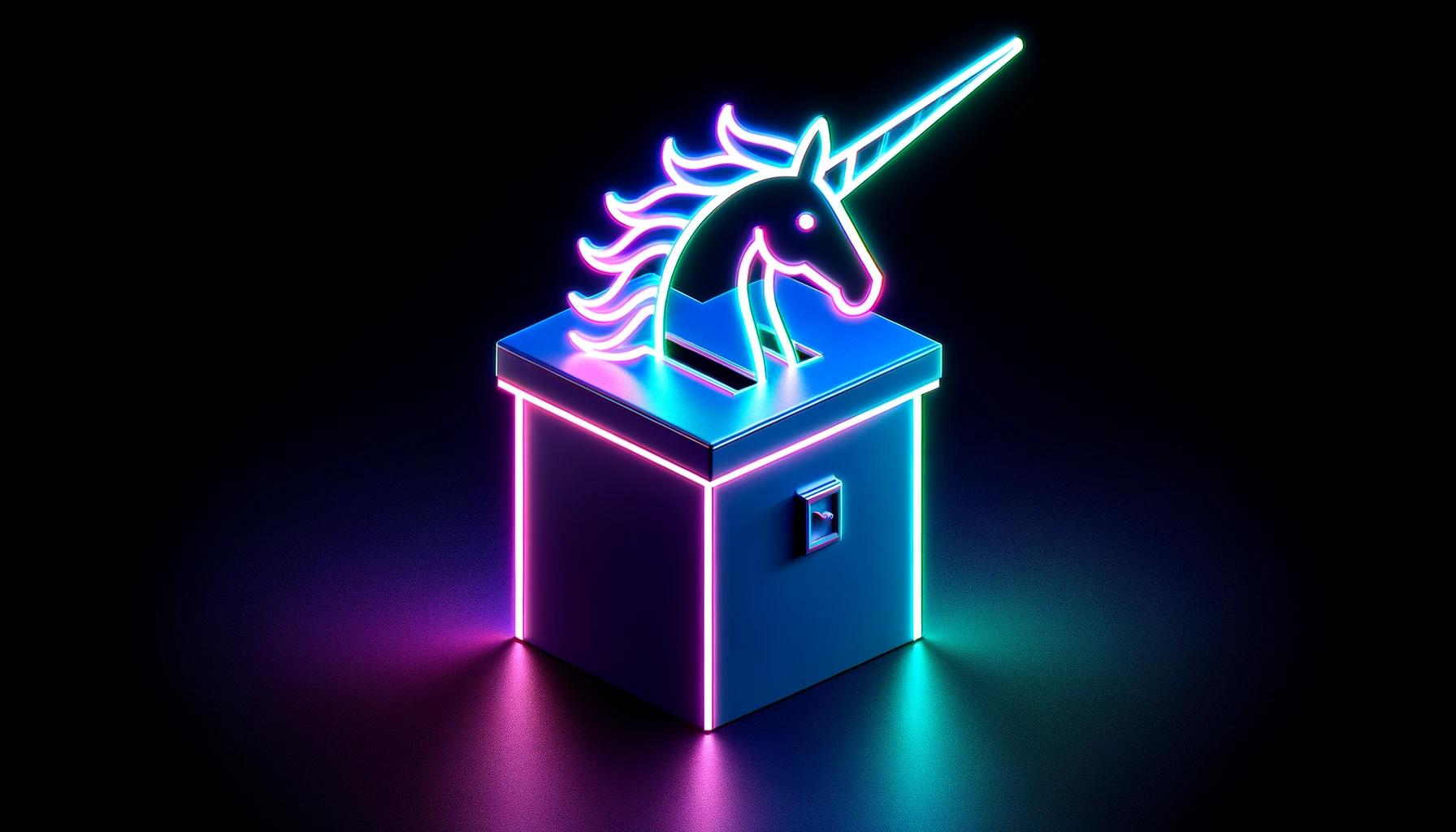
Practically 60% of votes have been forged in opposition to a proposal that will permit the DAO to vary Uniswap’s charge mechanism.
The Uniswap group has rejected a governance proposal looking for to make adjustments to its charge mechanism that will permit the distribution of income to tokenholders.
The voting interval for the proposal closed on March 9, with 59.9% of mobilized UNI forged in opposition. The proposal sought to permit the DAO to make future adjustments to Uniswap’s charge mechanism, paving the way in which for activation of a long-awaited Uniswap “fee-switch” which might distribute protocol income to UNI holders.
The proposal was shot down two days after a separate proposal to allow protocol income assortment was handed with borderline unanimous assist.
Group members have lengthy sought the activation of a fee-switch since Uniswap airdropped its UNI token to early adopters in 2020.
GFX Labs, the DeFi-focused analysis and growth agency that co-authored the newest charge change proposal, launched an analogous proposal final 12 months, suggesting that both 10% or 20% pool charges could possibly be disbursed to tokenholders.
The proposal was shot down with 45.3% of votes forged in opposition to it, whereas 42.3% of votes backed a 20% charge distribution and 12.3% supported a ten% charge — that means nearly all of votes have been forged in favor of activating some type of charge change regardless of the proposal finally failing.
A standard criticism levied in opposition to the proposal was the danger of the Uniswap protocol or its core workforce incurring tax or authorized legal responsibility because of charge distributions.
“The whales that dominate Uniswap governance (a16z, Hayden, and so forth) refuse to activate the charge change as a result of they do not wish to create a authorized legal responsibility,” tweeted Chris Blec, an outspoken web3 commentator.
Threats and considerations
Discussions surrounding the latest proposal gave rise to considerations surrounding the safety and technical dangers related to permitting Uniswap’s DAO to make adjustments to the code underpinning the protocol’s charge mechanism.
“Upgradeable contracts introduce the flexibility for governance to rug token holders / ecosystem builders,” mentioned Leighton Cusack, the founding father of Pool Collectively. “It will likely be exhausting for this method to get traction if it may be modified.”
“If we have been to undertake this modification, every time that base-level contract infrastructure modified it will current technical and implementation danger that isn’t negligible… your complete system would have to be re-written, re-audited, and re-deployed,” mentioned Erin Koen of the Uniswap Basis. “A V3FactoryOwner or UniStaker that rewarded a number of stakeholders in numerous methods would have a essentially advanced inner accounting system. Every time one side of this method modified (say, fuel rebates for swappers) the others could be in danger.”
UNI is down 12.3% from its March 7 native excessive, in keeping with CoinGecko.
